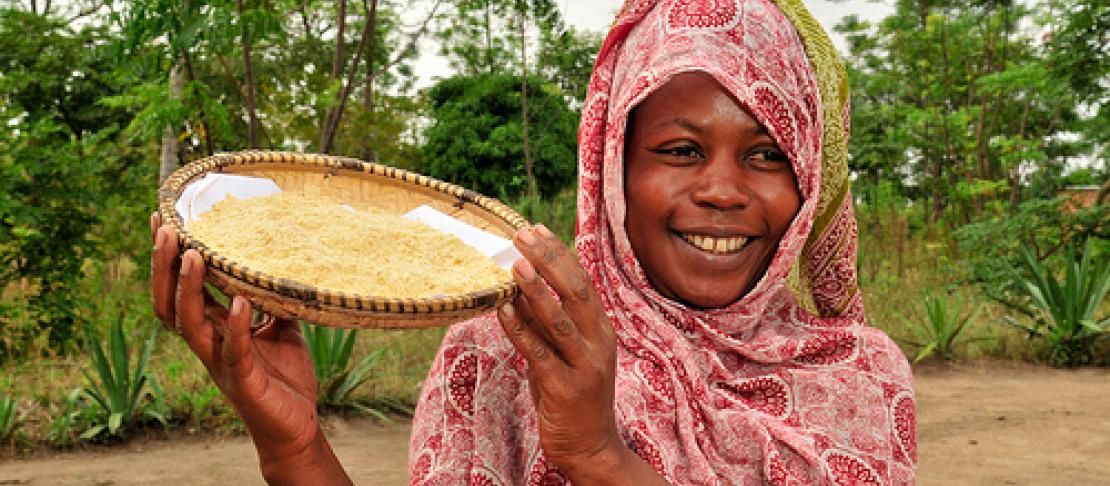Ignoring women in agriculture comes at a cost

By Cecilia Schubert
Ignoring the gender gap in agriculture has huge economic dimensions. If we want the situation to improve for female farmers we have to make it all about economics! This was the advice given by Ann Tutwiler (FAO) in the learning event ‘How can agricultural innovation better empower women and their key roles in food and nutrition security?’ held during Agriculture and Rural Development Day (ARDD) by the Global Forum on Agricultural Research.
Policy makers would be much more engaged if they knew how much revenues the country looses by excluding women from decision-making processes, denied ownership to land, access to markets and credits, as well as receiving knowledge about new fertilizers and crops. Already women produce less per land, as they lack inputs och resources. Helping women contribute more efficiently can create significantly gains for both the society and in the family unit. Women are key resources in agriculture seeing as they comprise 43 percent of the agricultural labor force in developing countries, Ann emphasized, adding that “the stereotype of a farmer is that he is a man, but in reality she is a woman”.
A report made by the Food and Agriculture Organisation (FAO), State of Food and Agriculture 2010-11 (SOFA), as presented during the event, showed that by giving women equal access to land, inputs, training and credit, this could increase their farm productivity by 20-30 percent. Countries’ total agricultural production would increase by 2.5‐4 percent, and 100‐150 million fewer people would be hungry. In other words, ignoring women in agriculture comes at the expense of the poor and already food insecure. And a huge cost for humanity. Read more about the report here.
Gender is currently being mainstreamed within the CGIAR Research Programs. During the learning event, Carolina Naverrete Frias from the CGIAR-led International Center for Tropical Agriculture (CIAT), explained that a gender-specific approach means all community member will benefit from the exchange. And not just women.
Carolina went through the ongoing research within The CGIAR Research Program on Climate Change, Agriculture and Food Security (CCAFS). For instance, CCAFS has developed clear gender-sensitive indicators for monitoring the impacts of climate change and adaptation interventions in its gender-training manual, done together with FAO earlier this year.
View Carolina’s presentation here:
Summing up, Carolina mentioned that evidence-based knowledge must inform gender and climate change policy. We need to strengthen the policy form process with a gender approach to stop ignoring the gender gap and most importantly incorporate a gender perspective in the National Adaptation Plans (NAPAs), she said.
The CGIAR Research Program on Climate Change, Agriculture and Food Security (CCAFS) also launched a gender grant opportunity last year, inviting female researchers from developing countries to receive support to conduct gender-focused agricultural research. One of CCAFS gender grant recipients, Arame Tall is investigating gender-specific needs within the field of climate service information, specifically looking at rural communities in Senegal. Read more about our gender grant recipients and their ongoing gender-related projects here.
The CGIAR Research Program on Climate Change, Agriculture and Food Security (CCAFS) was covering the Rio+20 Conference live between 12 - 22 June. Read the latest stories related to agriculture and food security from the conference. Cecliia Schubert is a communications assistant at the CGIAR Research Program on Climate Change, Agriculture and Food Security (CCAFS).
Interested in gender? Read more gender-related blog posts here on our blog. To get more updates on our gender research, like us on Facebook, and follow us on Twitter @Cgiarclimate.


